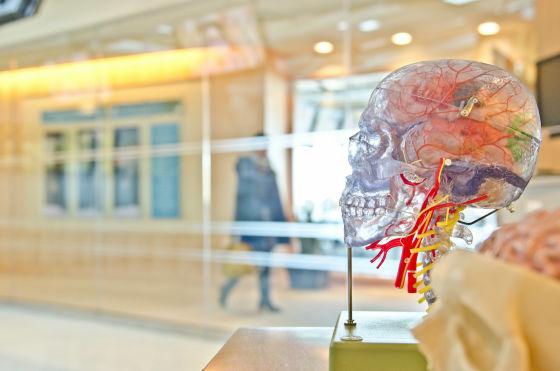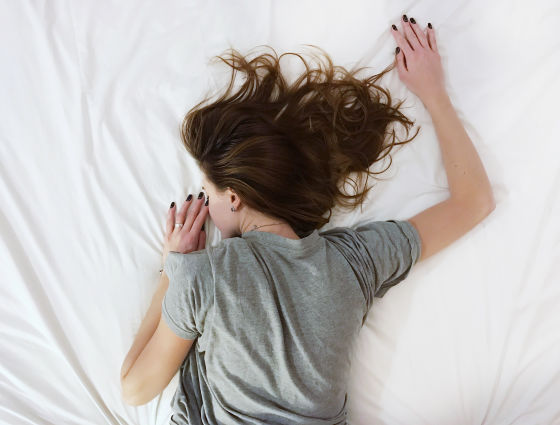Why is there a person who is hard to become "depressed" even though sleep deprivation?

byAnca Luchit
There is a relationship between sleep and depressionResearch conducted in the pastAlthough it is reported, it is also true that there are people who are less likely to have depressive symptoms even in the state of sleep deprivation. So why are people who are prone to depressive symptoms and hard to come out even in the same state of sleep deprivation? That was shown by a study that scanned about 1100 brains.
Reward-Related Ventral Striatum Activity Buffers Against the Experience of Depressive Symptoms Associated with Sleep Disturbances | Journal of Neuroscience
http://www.jneurosci.org/content/early/2017/09/18/JNEUROSCI.1734-17.2017
This Area of the Brain May Explain a Link Between Poor Sleep and Depression
https://www.livescience.com/60441-reward-response-in-brain-could-buffer-against-depression.html

Researchers at Duke University in North Carolina, USA, responded to questionnaires about sleep state and mood by approximately 1129 college students, and conducted brain scanning. During the brain scan, subjects are asked to play the game, so that the nerve cell will fire when an event related to the reward occursStriatumThe state of it was observed. According to Professor Ahmad Hariri, one who studied, the striatum is like a reward learning hub.
The content of the game was to hit whether the number on the card was larger or smaller than 5, and got more money as the rate of correctness got higher. The subjects will receive words of praise when they answer correctly, and receive negative feedback when they make a mistake. The game was held for 1 round per round, 6 rounds in total, but in reality each round was being manipulated to be correct or incorrect at 80% probability.

byjesse orrico
Researchers observed how strongly each subject responds to remuneration in a brain scan, and found that those with a strong response to remuneration are less likely to be negatively affected by sleep deprivation. In other words, even in the state of the same sleep deprivation, those who are strongly reactive to remuneration have less symptoms of depression than those who are weakly responsive to remuneration.
One of the symptoms of depression is that there is "unpleasant sensation" which makes it impossible to find joy in what he enjoyed before, and it has been reported that anhedonia and striatum are related to previous studies It was. On the other hand, this research shows that the striatum is related not only to anhedonia but also to all symptoms of depression.
However, in this study, it was not investigated whether the state of insomnia of the subject occurred after the symptoms of depression or whether it was before, and because the subjects were relatively young men and women, people of other age groups Professor Hariri urges attention as to whether it is unknown whether it can be applied as it is.

byVladislav Muslakov
Related Posts:
in Science, Posted by darkhorse_log







